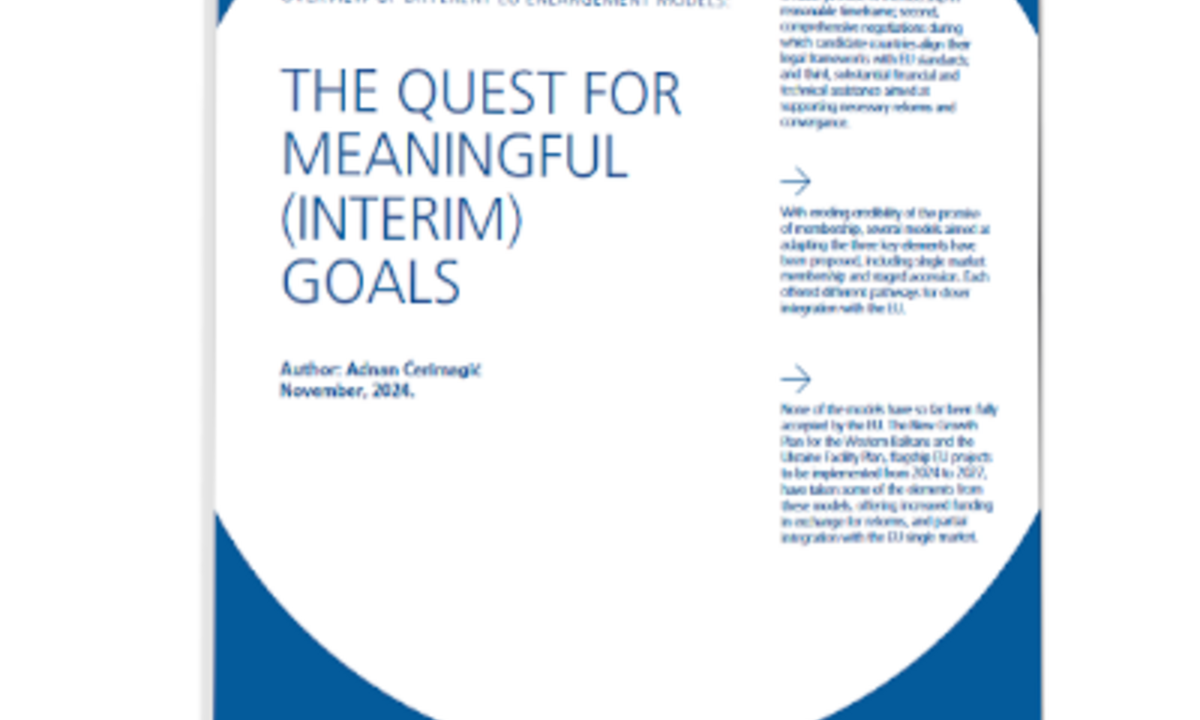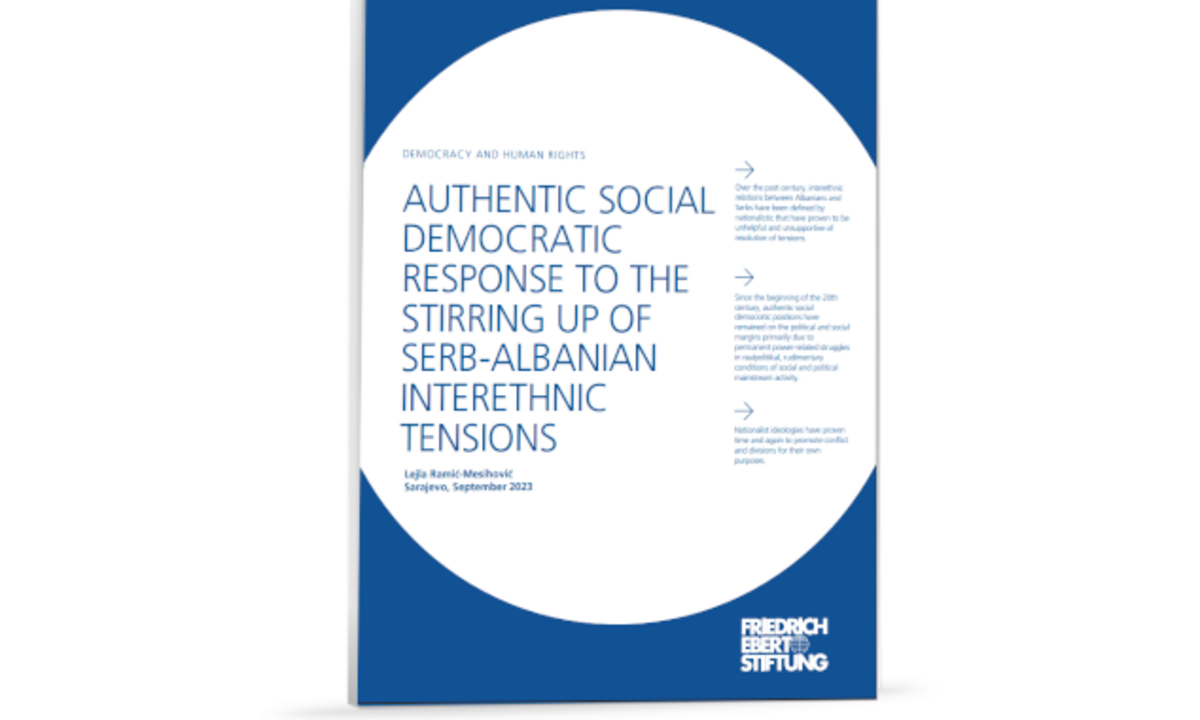New Political Trends & Dynamics: Addressing the complexities of migration in Southeast Europe
Over the past few decades, migration dynamics have significantly shaped Southeastern Europe as a region. Most recently, Southeast Europe has been affected by the transit of refugees and migrants from other regions, and many of its citizens are emigrating. Unfortunately - regardless of the type of migration, no trend has received adequate reactions from government officials.
The so-called Balkan route exposed the scale of migration from the rest of the world toward the EU, to which the EU responded with barriers. The SEE countries failed to offer suitable conditions for the reception, asylum, and integration of migrants and refugees. Nevertheless, countries within the SEE region also face several challenges, from economic insecurities to corruption and crony capitalism – which are resulting in en masse departures of SEE citizens towards the EU, too. For some countries, like Bosnia and Herzegovina, the numbers are reaching unprecedented scale, with over 43% of the country's population living abroad.
In this edition of Political Trends and Dynamics, we are looking at experiences and insights from Southeast Europe on one of the most critical matters today, not only for this region but Europe as a whole. The authors provide policy solutions and argue for pathways that highlight – first and foremost - a humane approach. Read more in our newest edition Addressing the complexities of migration in Southeast Europe.
Friedrich-Ebert-Stiftung
Dialogue Southeast Europe
Kupreška 20, 71000 Sarajevo
Bosnia and Herzegovina
Team & Contact
Subscribe to our mailing list and receive our publications as soon as they are available: send us your contact info via info.soe(at)fes.de









